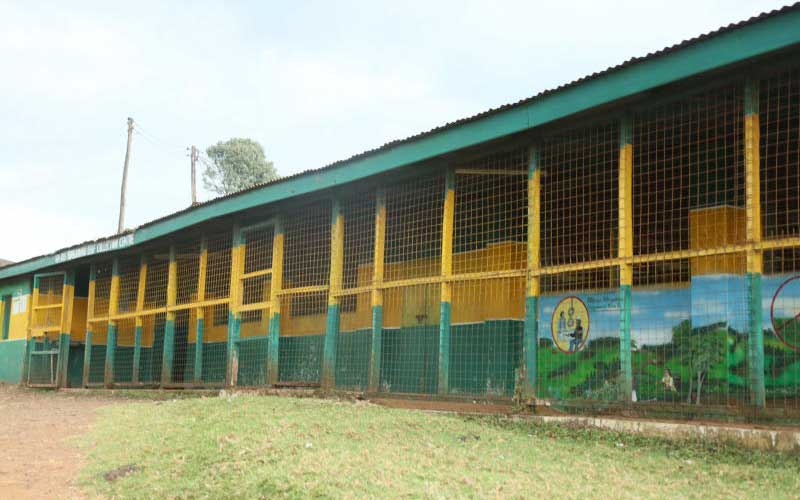×
The Standard e-Paper
Kenya’s Boldest Voice

A deserted Ndugamano tea collection centre in Tetu, Nyeri County, yesterday following a strike by farmers over poor tea bonus payment. [Kibata Kihu, Standard]
Uncertainty in the tea sector escalated yesterday as a tea plucking boycott by farmers entered its third day in Mt Kenya region.